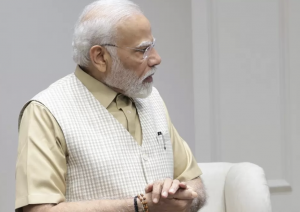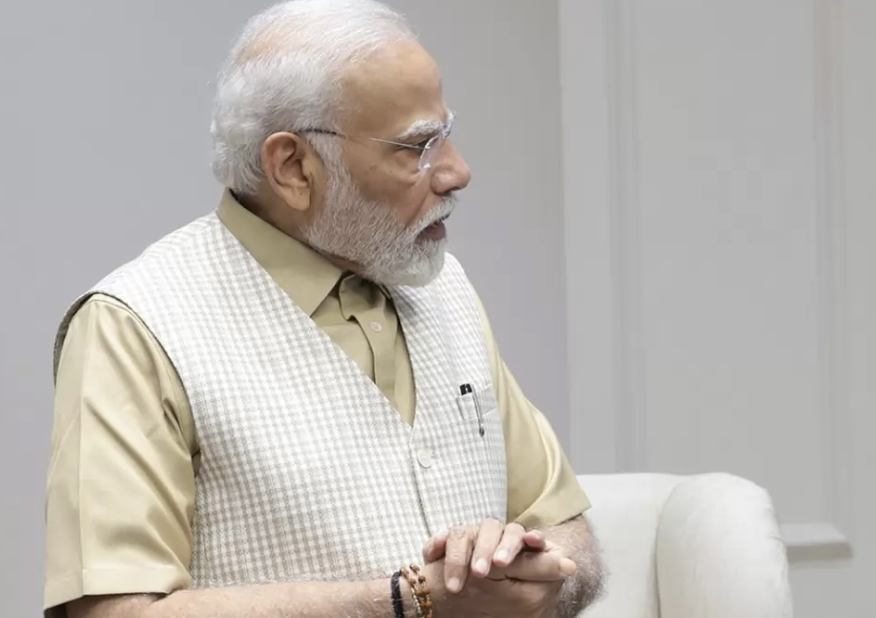NEW DELHI, Sept 3 : By 2047, India will be a developed country. Before the G-20 summit in the nation’s capital on September 3, Prime Minister Narendra Modi stated in an interview that corruption, casteism, and communalism will have no place in the country.
According to PM Modi, “India is playing the role of a catalyst” in the shift away from a GDP-centric to a human-centric perspective on the world. “Sabka Saath, Sabka Vikas” can serve as a global welfare guiding philosophy.
The prime minister stated, “There are numerous good outcomes from India’s G20 Presidency, some of which are “quite close to my heart.” In the G20, the world sees our words and goals as a road plan for the future rather than just abstract concepts. Additionally, the so-called third world nations received a boost in confidence because to India’s G20 presidency.
According to him, the theme of India’s G20 presidency, “Vasudhaiva Kutumbakam,” is more than simply a catchphrase; it is a thorough philosophy developed from our cultural mindset. “Over 1.5 crore Indians participate in G20 programmes that last an entire year. No future strategy for the planet can be successful without the inclusion of all voices, hence Africa is a high priority for us in the G20, he continued.
He also disregarded China’s and Pakistan‘s concerns about holding the G20 meetings in Arunachal or Kashmir. It’s logical to hold meetings in all regions of the nation, he remarked.Speaking on the country’s growth possibilities, he stated, “For a long time, India was thought of as a nation with 1 billion hungry stomachs; now, it is a nation with 1 billion aspiring minds and 2 billion skilled workers. Indians now have a fantastic opportunity to build a legacy that will be cherished for the next millennium.
India has moved up five ranks in less than a decade, according to Mr. Modi, who predicted that it will soon rank among the top three economies in the world.
On the Russia-Ukraine War, PM Modi
The only methods for resolving disputes in various locations are conversation and diplomacy, according to Prime Minister Narendra Modi.
terrorist acts and online threats.The poorest and most vulnerable people suffer the most from populism and bad financial policies, he added when discussing the country’s inflation. The secret to combating global inflation is timely and transparent policy communication.”Cyber threats must be taken very seriously,” Mr. Modi stated when discussing terrorism and cyber concerns. The tip of the iceberg includes internet radicalization, money laundering, and cyberterrorism.
According to the Prime Minister, the fight against terrorism and illegal financial activity has taken on a completely new dimension thanks to cyberspace. “Terrorists using darknet, metaverse, and cryptocurrency to fulfil nefarious aims can have implications for social fabric of nations,” he added. Deep fakes and fake news can fuel societal unrest by causing confusion and undermining the credibility of news sources. Global collaboration in the fight against cybercrime is not only desirable but also necessary.
“Political stability of 9 years led to several reforms, and growth is its natural by-product,” the prime minister declared after two years in office.


